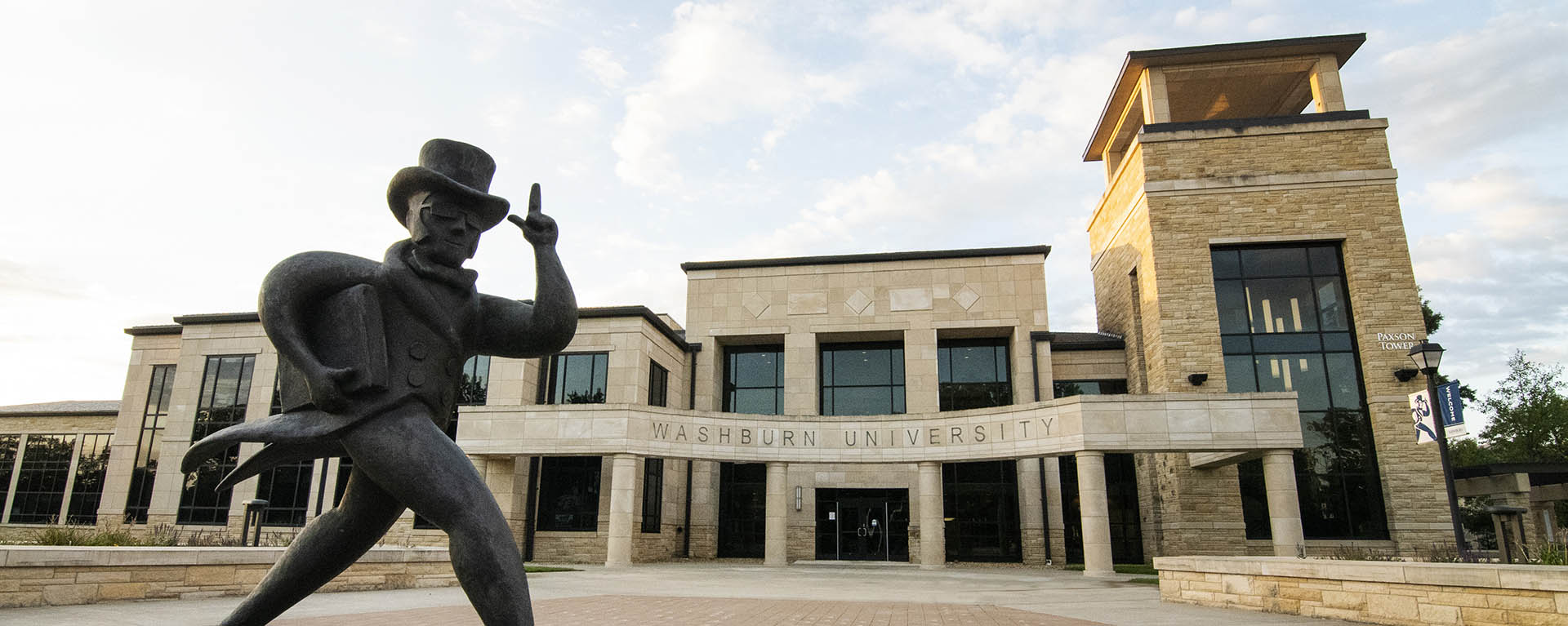
Strategic Analysis, Research, and Reporting
Strategic Analysis, Research, and Reporting (SARR) is dedicated to addressing the data and informational needs of both internal and external stakeholders. Within Washburn, we work in close partnership with various units to deliver precise, timely, and actionable data and analyses. Our primary mission is to support the university's strategic objectives, with a strong emphasis on fostering student success.
By leveraging robust data collection and analysis techniques, SARR provides insights that inform decision-making processes. We ensure that the data we provide is not only accurate but also relevant and tailored to the specific needs of each unit. This collaborative approach enables us to identify trends, monitor progress, and implement data-driven strategies that enhance the overall educational experience.
Our commitment to excellence in data management and reporting helps Washburn achieve its goals, particularly those related to improving student outcomes. Whether it's through detailed reports, interactive dashboards, or strategic consultations, SARR plays a pivotal role in driving Washburn's mission forward.
Faculty, Staff and Students
Faculty, Staff and Students can view commonly requested statistics, analysis and reports on our SARR Sharepoint site.Student Success
Complete the Data Request Form
To initiate your request, complete the Data Request Form. Upon submission, you will receive a confirmation email notifying you that your request has been received and is under review. Please ensure that you sign in with your university email credentials to access the form.
Data Available for Request
We can provide various types of data and analysis, including but not limited to:
Enrollment Forecasting: Data projections and insights related to student enrollment trends.
Longitudinal & Analytic Dashboards: Generation of reports within EAB Edify for long-term insights.
Routine Reports: Institutional reports providing insights into progress over time.
Frequently Used Resources
Providing data to regulatory agencies ( KHEStats and IPEDS )
Externally, we provide data and information to regulatory agencies like the Integrated Postsecondary Education Data System (IPEDS) – visit the IPEDS Data Center – and the Kansas Board of Regents (KBOR) – visit the Kansas Higher Education Reporting System dashboard.









